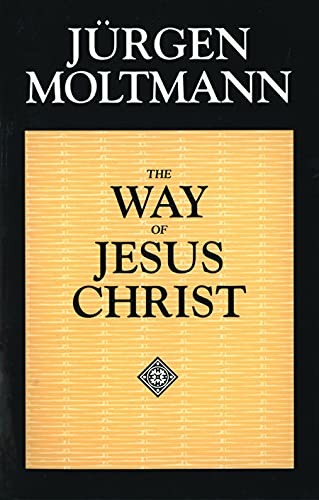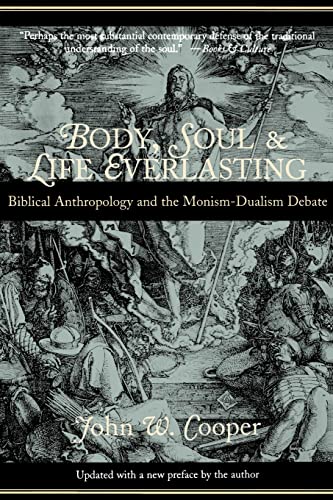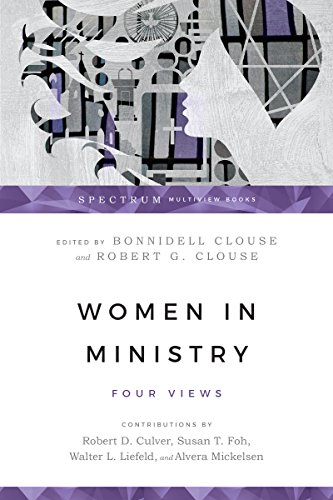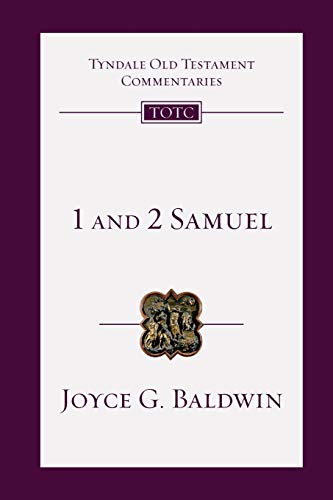Alive and Kicking—Towards a Practical Theology of Illness and Healing
Written by Stephen Pattison Reviewed By Gordon OliverOne of the most pressing needs of churches increasingly fascinated and preoccupied by ministries of healing as a central and public pastoral concern is to develop theological perspectives on suffering and wholeness. These need to bring the contemporary world of suffering and the quest for healing into creative encounter with the Scriptures and Christian tradition. This encounter needs to be characterized by intellectual, ethical and spiritual integrity. Only so may central issues such as theodicy, societal and personal dimensions of disease, gospel and community contexts of healing, and the spirituality of those involved in healing be properly addressed.
These issues are tackled in very different ways by Stephen Pattison and David Dale. Pattison, for some years Lecturer in Practical Theology at Birmingham University and now Secretary of Central Birmingham Community Health Council, has made it his central concern to encourage theology, Christian discipleship and ordinary human living to come together in creative engagement. His recent move from theology in the university to theology in the health authority is part of this engagement and forms the background of his book. David Dale is a United Reformed Church minister and Chairman of the Church’s Council for Health and Healing. His approach has been formed through long ministerial experience in which healing and the search for a theology of healing have been central concerns. They come from different theological backgrounds, and both are concerned to broaden Christian engagement with healing rather than to privatize it into their own traditions.
The books also have different purposes. In His Hands is intended to be a ‘working theology for ministers and interested lay people’. It is unashamedly practical rather than academic, though its deceptively simple style is clearly based on a world of experience and a good deal of careful research. Alive and Kicking started out as a major research project intended to last five years. Pattison had hoped to produce a ‘thorough and systematic review of perspectives on illness drawn from many sources, and of religious responses actual and possible’. In the event the book had to be written in just three months, so he has produced a survey of key issues as starting points for others to take the research further.
The books are also very different in style. Pattison writes very clearly, giving breathtakingly panoramic reviews of his subject areas, pointing up pertinent topics for further research, and providing extensive notes. His style is passionate, racy, academically sharp, very readable. I found myself constantly wanting to be in dialogue with it. By contrast, Dale’s style is much more measured, patient—at times almost pedestrian. In some places it reads more like a book on spirituality than on theology (though none the worse for that). He builds his case carefully, with lots of examples and some penetrating insights gained through years of ministry.
Both books range widely. Alive and Kicking begins by setting an agenda for a practical theology of illness and healing and sets out basic perspectives of understanding illness. The latter include medical, psychological, sociological, anthropological, metaphorical and historical perspectives. The key concern is to point to the inherent presuppositions, meanings and powers of each viewpoint. We are then treated to a sympathetic and critical survey of theological and sociological presuppositions of the current revival of Christian interest and practice. Pattison’s concern for a thoroughly engaged Christianity is further pressed in chapters on Politics, Conflict, Healing and Illness; Mental Illness; and The Judgement of AIDS. The discussion is clearly and economically developed, with constant reference to the notes. Almost every chapter provides opportunities for further research by both undergraduate and post-graduate students wishing to explore the theology of illness and healing. The notes themselves are such a gold-mine of information that the book would be worth buying for them alone.
In His Hands also attempts wide coverage, though the approach is much more church-based and needs to be evaluated in that context. The scope of the range is not always matched by consistency of quality. The opening chapters on Healing Ministry in the Church Today and Healing in the Biblical Tradition set out the main areas but add nothing new. The third—Healing as Integration—is much more perceptive, as are chapters 4, 6 and 7 on Healing Miracles, Suffering and a God of Love, and Healing in the Local Church. Different para-Christian stances towards healing such as Christian Science, spiritualism and faith healing are located alongside exorcism and signs and wonders ministry in a way that leaves one feeling that coherence may have sacrificed too much to coverage. The chapter on Healing Prayer is similarly broad but somewhat sketchy. David Dale clearly has great strengths in the spirituality and practice of healing in the local church.
The harshness of these comments may be mitigated by reconsideration of the purpose of In His Hands—as a working theology for ministers and interested lay people. Granted the limitations inherent in its rather in-house approach to the topic, it could be a valuable study resource for local Christians considering moving into healing ministries. Alive and Kicking could also be used in such a way with its refreshing insights into doing theology in the world, though for a different clientele. In His Hands is perhaps an invitation to prayer and action while Alive and Kicking is an invitation to research, prayer and action. The former says a great deal that is valuable; the latter leaves much unsaid and suggests ways of finding out how to say it. In His Hands will be useful to local church people, Alive and Kicking is required reading for students and ministers who want to take a practical theology of illness and healing further.
Gordon Oliver
St. John’s College, Nottingham







